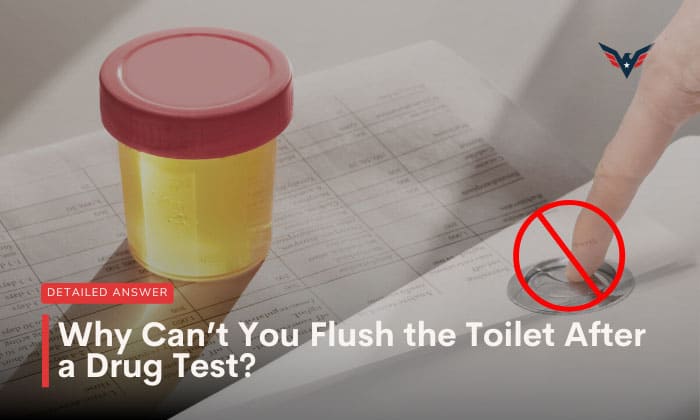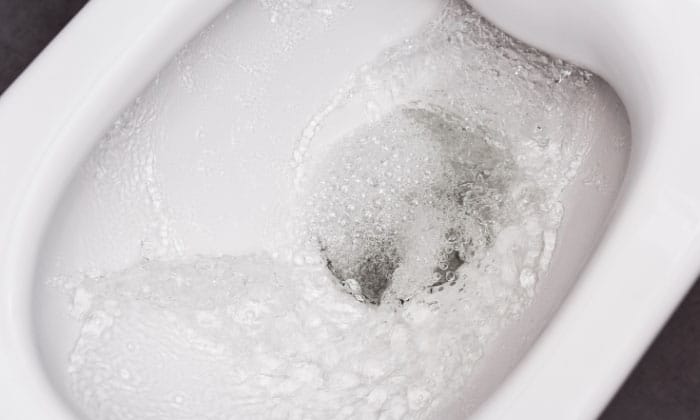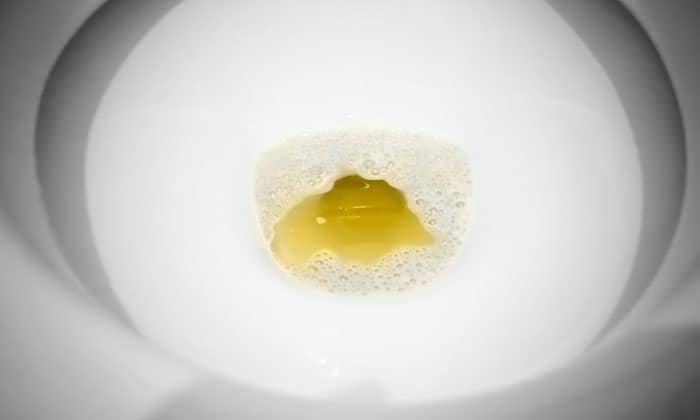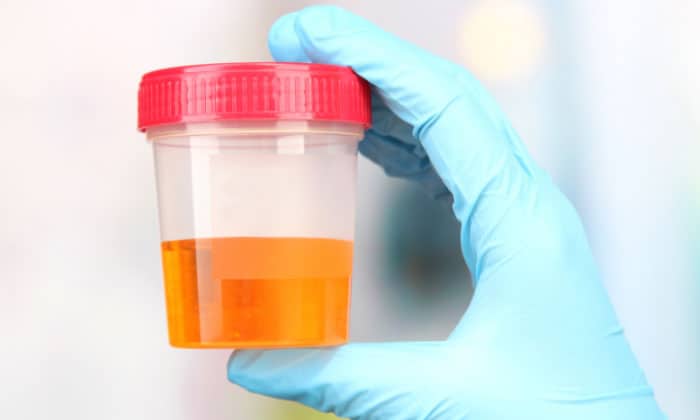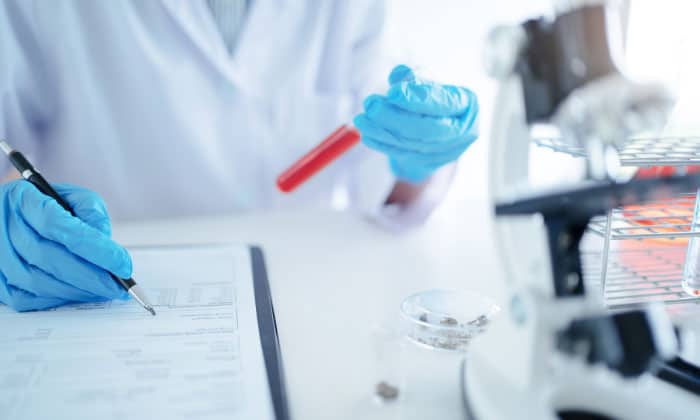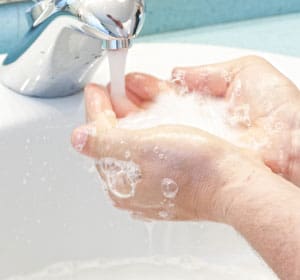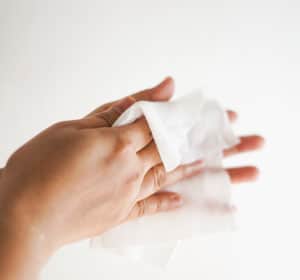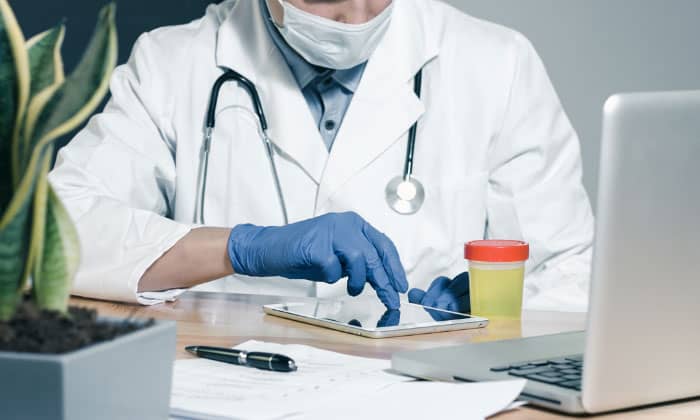The military takes drug use seriously, and drug testing is a crucial component of maintaining a safe and effective fighting force. However, once a drug test is completed, there are strict procedures in place for the disposal of testing materials. One question that arises is why can’t you flush the toilet after a drug test in the military?
The short answer is to ensure the integrity of the sample and prevent adulteration.
This blog post will explore the detailed reasons for proper disposal of drug testing materials and the potential risks and consequences of flushing them down the toilet.
Table of Contents
- Why You Can’t Flush the Toilet After a Drug Test?
- Consequences of Flushing Urine Test Toilet
- Urine Tests for Drugs
- Ways the Military Conducts Drug Tests
- What Not to Do Before a Urine Test
- Substances That Urine Tests Can Screen
- Other Common Rules During Urine Drug Tests
- Frequently Asked Questions (FAQs)
- Conclusion
Why You Can’t Flush the Toilet After a Drug Test?
Flushing the toilet after providing a urine sample is strictly prohibited in the military. This may seem like an inconvenience or an invasion of privacy, but it serves an essential purpose: ensure the integrity of the sample and prevent adulteration.
When you flush urine after a drug test, you dilute the sample and reduce the concentration of drugs in the urine. If the concentration of drugs falls below the minimum detection level, the test may produce a false negative result.
Additionally, flushing can introduce contaminants into the sample, which may interfere with the test results.
As such, flushing the toilet immediately after providing a urine sample can be perceived as an attempt to sabotage its integrity. This can cast doubt on the validity of the test, and can be seen as cheating the military’s drug testing program.
Consequences of Flushing Urine Test Toilet
The purpose of drug testing in the military is to maintain the safety and readiness of the armed forces. The procedures in place are designed to ensure the accuracy and reliability of the results while also protecting the privacy and rights of the individuals being tested.
So, tampering with drug test results is an offense that can lead to serious consequences. It can result in legal action, including court-martial, administrative discharge, and loss of benefits.
Violating post-drug test procedures can also result in disciplinary actions, including nonjudicial punishment, suspension of security clearance, and restriction of privileges.
Urine Tests for Drugs
The two urine tests for drugs are immunoassay and gas chromatography (GC).
Immunoassay is typically used as a screening test because it is quick and inexpensive. It works by detecting the presence of certain substances in the urine. If it comes back positive for something, additional testing with GC is usually recommended to confirm the results.
GC is more accurate but also more expensive and time-consuming. It essentially separates the various compounds in the urine sample and identifies them based on their chemical properties.
Ways the Military Conducts Drug Tests
- Medical Testing: This is testing for medical reasons. It is typically conducted for all new service members.
- Random: This is a test request from a commander for randomly selected unit members.
- Probable Cause: This is a specific request for a unit member from a commander, but the commander needs to have a reasonable cause to do so.
- Consent: This is a request by a commander where a service member is asked to consent to a test.
- Order: This is an order for a unit member to take a test, but if there is no probable cause, then the results cannot be used in administrative or court-martial procedures.
What Not to Do Before a Urine Test
If you are about to take a urine test, there are some things you should avoid doing beforehand.
First, do not drink too much water or other fluids right before the test. This can dilute your urine and make it more difficult for the lab to get accurate results.
Also, steer clear of alcohol, fatty foods, and prescription drugs for at least 24 hours prior to the test. These substances can alter your urine and lead to false positives or negatives.
Additionally, avoid taking any medications or herbal supplements that could affect the test results without first consulting with your doctor.
And finally, avoid sexual intercourse and strenuous activities the day before the test. And if you’re a woman, be sure to avoid urine tests 2 days before, 2 days after, and during your menstruation
Substances That Urine Tests Can Screen
This varies depending on the drug panel test conducted, but common substances are:
- Amphetamines
- Benzodiazepines
- Barbiturates
- Cocaine
- Fentanyl
- Heroin
- Hydrocodone
- Marijuana
- Methadone
- Methamphetamines
- Nicotine
- Opioids
- PCP
Other Common Rules During Urine Drug Tests
#1 – Wash Your Hands Before A Drug Test
There are several substances that can show up in your urine or blood that you might not realize, like residue from marijuana smoke or even trace amounts of prescription medication.
By washing your hands with soap and water beforehand, you can help minimize the risk of false positives and ensure the most accurate results possible.
#2 – Wipe Your Genitals Before The Test
The purpose of wiping is to ensure that no foreign substances are present on your skin that could potentially contaminate the urine sample. Even small amounts of substances like soap or lotion can skew the test results and give false positives for drugs. By wiping your genital area with a clean paper towel, you remove any traces of these substances and prevent an inaccurate reading.
Moreover, not wiping properly could lead to bacteria or sweat contaminating the sample, which could result in additional tests or even a retest altogether.
#3 – Make Sure Your Genitals Do Not Touch The Collecting Container
It is imperative to ensure that the container used in urine testing does not come in contact with the genital area. The main reason for this is to maintain the sterility of the urine sample, preventing any contamination that could potentially lead to inaccurate results.
In addition, it is essential to follow good hygiene practices during urine collection, as coming into contact with feces or other bodily fluids can further compromise the integrity of the sample.
Alternatives To Flushing The Toilet After A Urine Drug Test
Since flushing the toilet after a drug test is not an option, there are several alternative methods for disposing of the urine sample, such as placing it in a designated container.
However, in most cases, after receiving the sample and inspecting the toilet for tampering, the person overseeing your test will instruct you to flush.
Frequently Asked Questions (FAQs)
How long do drug tests typically take?
Depending on the type of test, it can take between 24 and 48 hours. You usually get your urine test results back within 1 to 3 days.
What are the most common types of drug tests?
Urine drug testing is the most common type of test. However, there is also blood, hair follicle, sweat, and breath drug test.
What is the blue stuff in the toilet drug test? Why is the toilet water blue during drug test?
When individuals provide urine samples for testing, there is a possibility that they may attempt to tamper with the sample by diluting it or adding substances that mask or alter the detection of drugs. To prevent this, bluing agents are added to make it difficult for testers to cheat without giving themselves away.
The blue tablet in toilet for drug test is also supposed to be an indicator so that you do not mix your drug test pee up with someone else’s. If you see that the toilet water is blue, you must use a different toilet for your drug test urine.
What if I accidentally flushed toilet after my drug test?
Depending on the protocols in place, you are either marked as failed or allowed to retake the test. Outside of the military, the person overseeing the process might give you the benefit of the doubt.
What are other measures enforced to ensure the integrity of urine samples and prevent tampering?
You might be asked to remove unnecessary outer clothing, like a jacket, coat, or hat, as these can be used to hide items or substances for adulteration.
You might also have to leave your personal belongings, such as a briefcase or purse, with the person overseeing your test. This person can ask you to empty your pockets and display items you have in them, as well.
Conclusion
Now, you know the full answer to, “Why can’t you flush the toilet after a drug test in the military?”
Flushing the toilet after providing a urine sample during a military drug test is strictly prohibited due to the critical role of preserving the integrity of the sample and preventing adulteration. It is essential to follow all post-drug test procedures to avoid legal and disciplinary consequences.

I am Everett Bledsoe, taking on the responsibility of content producer for The Soldiers Project. My purpose in this project is to give honest reviews on the gear utilized and tested over time. Of course, you cannot go wrong when checking out our package of information and guide, too, as they come from reliable sources and years of experience.

